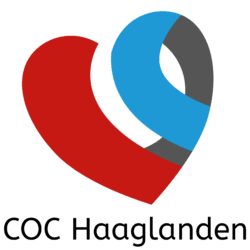Pink council debate in Delft
Continue rainbow policy, also after the end of the grant period, guest lectures on sexual and gender diversity in all schools, including intermediate and higher vocational education, together with the John Blankenstein Foundation and sports organizations develop a good approach for LGBTI acceptance and images of kissing gay, lesbian and straight couples in Delft Blue at the station. The Pink Council debate in Delft provides a wide range of ideas.
Gays are allowed to be visible in Delft. Delft can convey this more, believes Christine Bel of D66. 'We have kissing couples in Delft Blue as souvenirs, which are also available in gay and lesbian versions. Let's put it, on a large scale, at the station. In this way we make a statement that everyone is really welcome in Delft.' Willy Tiekstra of the PvdA immediately embraces the idea. 'We are proud that homosexuality can be visible in the Netherlands, that there are ministers who are openly gay or lesbian. You must also pursue an emancipation policy, it must not stand alone.' From the audience comes the comment that we must maintain the freedoms that we have. "That may well be provocative."
Guest lessons
At the Pink Council Debate that will take place on 3 March in DWH in Delft, nine parties will debate with each other under the leadership of Erwin Angad-Gaur, who is a publicist for Post online and Joop.nl in daily life. There is enthusiastic discussion from the hall. Although the political parties differ on the approach, they generally agree on the need for good policies for lesbian women, gay men, bisexuals, transgenders and people with an intersex condition (LGBTI). For example, guest lectures on sexual and gender diversity must be given in all schools. That requires money and there must be money, according to the politicians. According to Coby de Koning of Stadsbelangen, this must be removed from the subsidy sphere. "The funds have to go directly to the schools, as well as money for safety and bullying protocols." According to Ingrid Lips of GroenLinks, the money is better off going to the COC or DWH. 'Then you know for sure that it will benefit guest lectures.' Information lessons should be organized not only in secondary education, but also in MBO and HBO, says someone in the audience. 'Certainly when it comes to training in health care or social work.' Most politicians agree with the speaker. 'There should be a whole curriculum', says Sybren van der Velde of STIP.
Meet
DWH sees a cozy and safe meeting place as a basis for LGBTI emancipation. Not everyone agrees with them. For example, the VVD does not consider a subsidy to be necessary for organizing meetings with like-minded people. 'We believe in people's own strength', says Dimitri van Rijn (VVD). 'Like-minded people are good at organizing meetings themselves.' Tiekstra points out that this is different for the elderly and young people. 'It is important that they know where to meet. The municipality must support that.' Lips adds: 'We want to continue the Rainbow Policy, even after the subsidy period. It's about emancipation, the target group has to decide for itself what facilitation is needed for.'
John Blankenstein Foundation
After some discussion, the parties also agree on improving acceptance in sport. 'The John Blankenstein Foundation has a good plan of action, if I hear it like that', says Ineke van Geenen of the CDA. "Excellent idea to implement that." But it is not that simple. Because the chairman of the John Blankenstein Foundation, Karin Blankenstein, indicates that it is difficult for her to enter sports associations. 'We invited all sports associations for a kick-off, but almost none signed up.' That scares Tiekstra. "I immediately make a commitment to work on it." Van Geenen wants a quality certificate: 'This way the municipality can better check whether an association is doing enough with regard to acceptance.' Bert van der Woerd of the ChristenUnie adds: 'Bringing parties together is a first step. Everything that makes society better, and doesn't happen automatically, deserves government support.' Bel: 'How people want to organize a hockey match is their business, but you can't rule it out.' Wim Hamelink (SP) thinks it's an interesting discussion: 'Usually it concerns accommodation. It is important that we as a municipality also focus on people.' All parties want to support the John Blankenstein Foundation in organizing a kick-off.
Delft Wood
Nude recreation in the Delftse Hout has been a hot issue for some years now. Should the municipality make nudist recreation official? 'It is now legal,' says Van der Woerd. 'There is no need for additional arrangements. There should be signs with house rules, so you know what you have to adhere to.' From the audience comes the comment that nude recreation has everything to do with tolerance. 'Some are still not coming, since the police, on behalf of the GroenLinks alderman, started to fine gays there.' Lips responds: 'We have already discussed this within the department. We have now spoken out in favor of nude recreation.'
Checkout
In four years' time, the LGBTI policy in Delft will be even better if the parties get a say. 'We collected a lot of information', says Van Rijn. 'We will hold organizations accountable for their responsibility.'


You cannot reply to this post